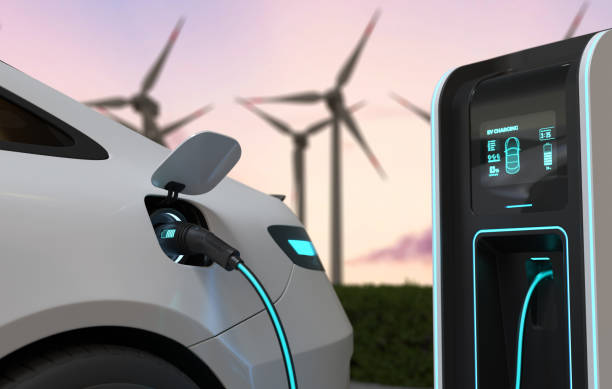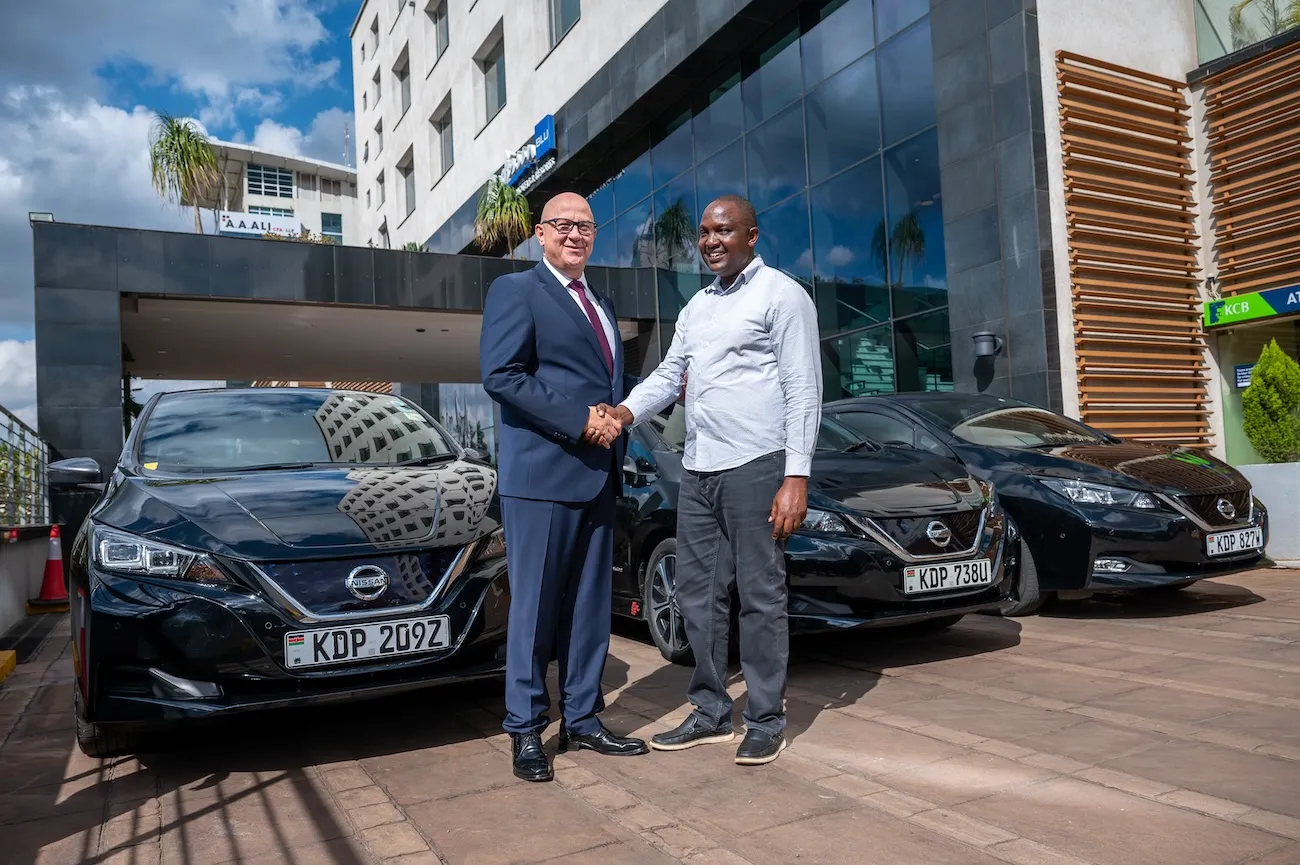A plan to speed up the use of electric cars (EVs) in Ethiopia was announced by the Ethiopian Petroleum and Energy Authority (EPA). This ambitious plan is in tandem with global efforts to reduce carbon emissions and promote sustainable development to make Ethiopia a green transport corridor.
Ethiopia’s government and EPA recently held a panel talk on using electric vehicles in the country’s green economy. The goal is to increase the number of electric vehicles on the road by 2030, including battery-powered agriculture and construction equipment. This move aims to address environmental issues and reduce dependence on fossil fuels.
Read also: Greenspoon accelerates deliveries with ROAM Electric Motorcycles
Generating EV infrastructure in Ethiopia
An essential component of the plan is creating charging facilities for the large-scale adoption of EVs. Ethiopia plans to interconnect charging stations throughout the country, emphasising equal distribution in developed and underdeveloped regions. This infrastructure will become critical in enabling the shift to electric vehicles as intended.
Within 10 years, Ethiopia wants to have 148,000 electric cars and 50,000 electric buses. There are also plans for domestic EV construction companies to make batteries using lithium from Ethiopia.
Ethiopia’s government is promoting e-mobility in the petroleum sector, aiming to boost the economy through incentives such as tax and subsidies for electric vehicles (EVs).
Public awareness and cooperation are crucial for the success of this strategy, with campaigns aimed at explaining the environmental and financial benefits of EV adoption. The Ethiopian government seeks cooperation partners from international organisations and private players to ensure the resources and skills required for this strategy.
Read also: Driving Uganda’s electric future
Possible future impacts of the use of EVs in Ethiopia
The successful implementation of Ethiopia’s strategy for decarbonising transportation will drive economic growth by creating jobs for electric vehicles (EVs), reducing air pollution, and improving health, thereby reducing medical expenses for the population.
Ethiopia’s national e-mobility concept is a revolutionary move to go green and be sustainable. Infrastructure, incentives, awareness, and partnership are being prioritised, and the country can potentially be Africa’s leading electric mobility destination. Looking at how the strategy will come into play, it will be pretty thrilling to witness how the country’s transport systems will shift and what their role is in combating climate change.


